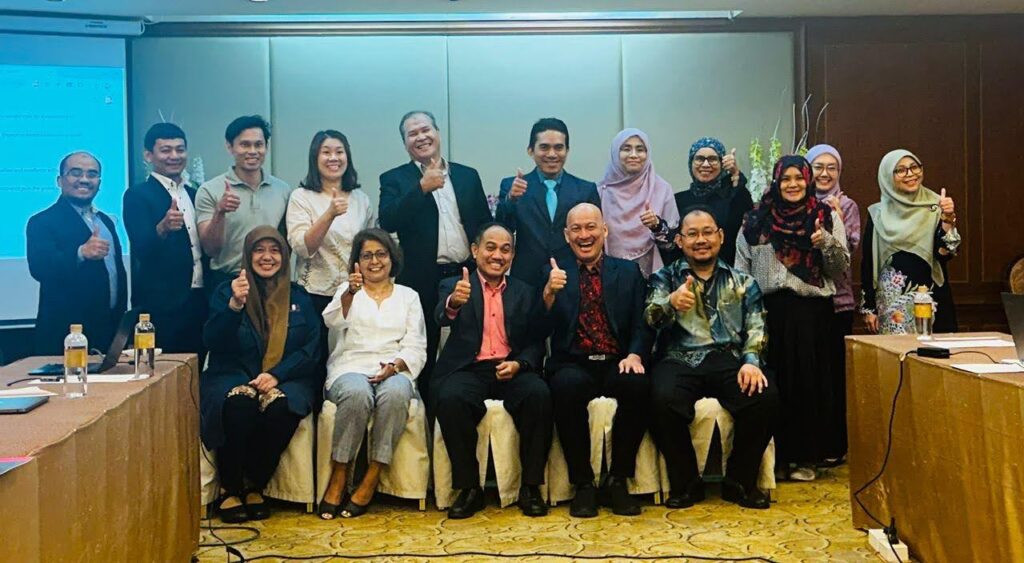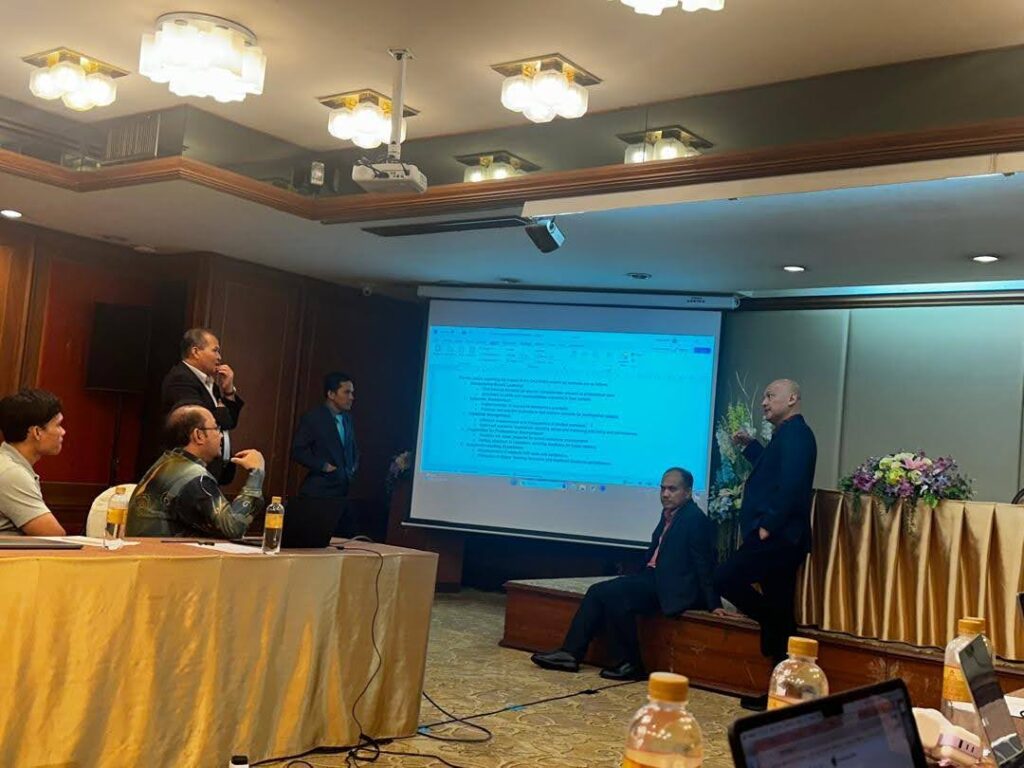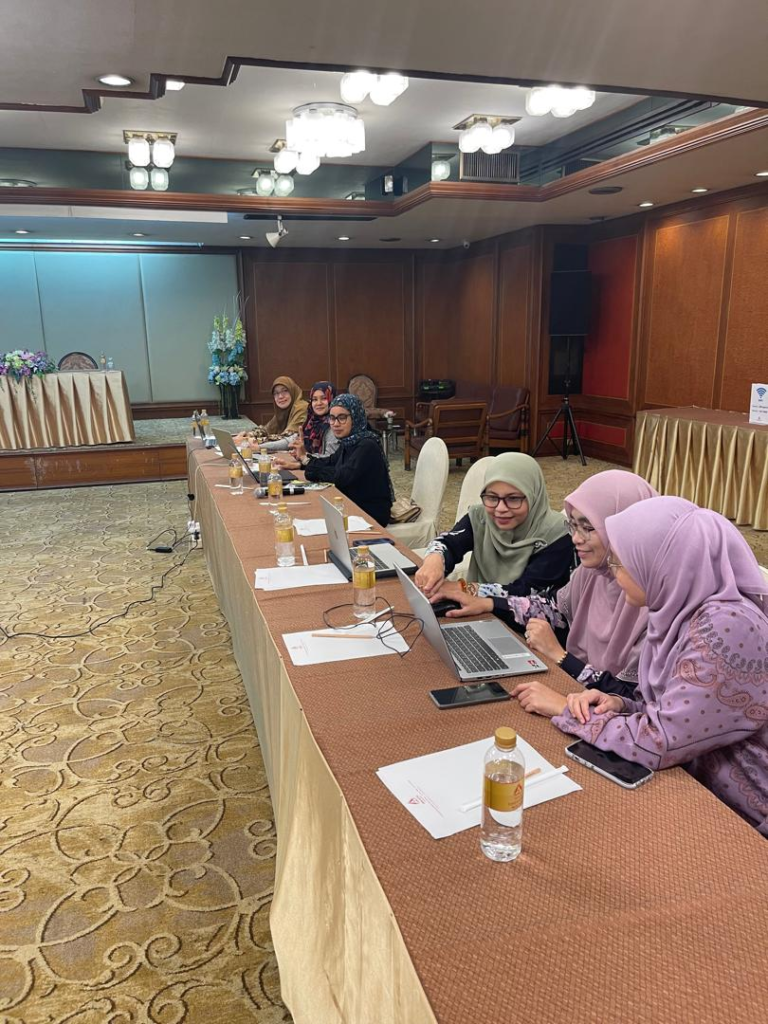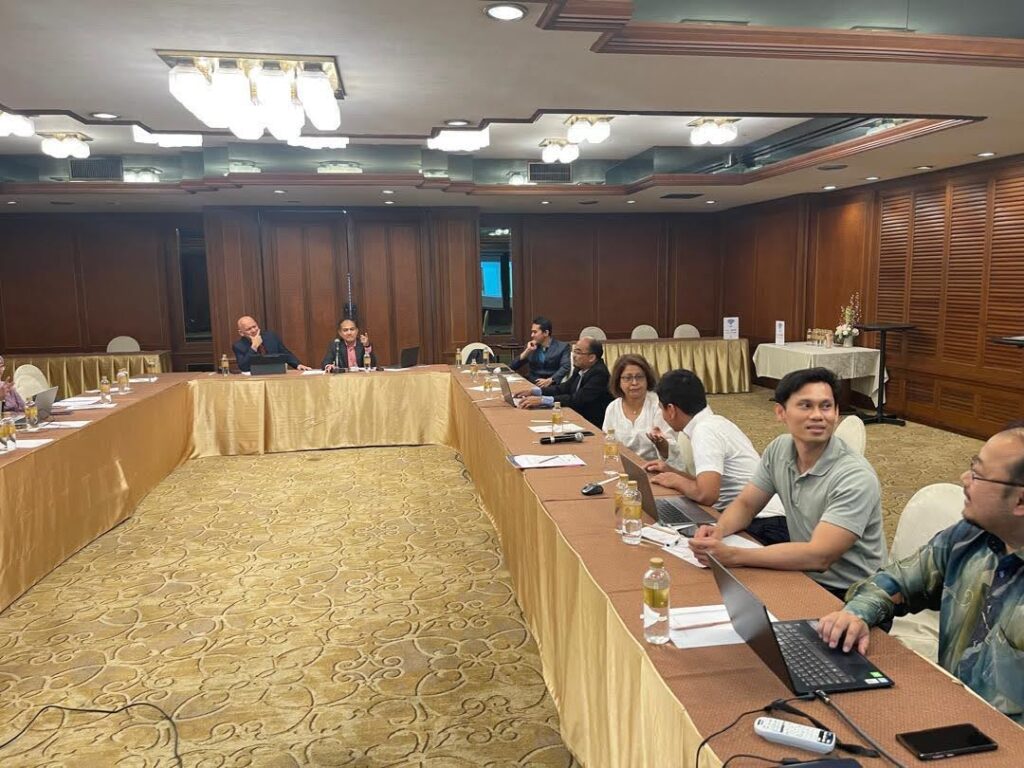The CALOHEA project is proving to be a game-changer for Malaysia’s higher education sector, particularly in Teacher Education, Medical Education and Civil Engineering, significantly enhancing the internationalisation and recognition of academic programs in these specific area groups (SAG). By focusing on Qualification Reference Framework of competency-based learning, student workload, and authentic assessment methods, the project aligns the educational system with global standards and responds to the evolving needs of the nation.
Incorporating competency-based learning ensures that Malaysian graduates are equipped with the specific competencies required for their professional roles. This shift in focus prepares students more effectively for their careers by emphasizing the knowledge, skills and responsibilities in the workplace. Authentic assessment practices further support this by providing real-world exposure that are practical and relevant, ensuring that students are well-prepared for the challenges they will face in their professional environments.
One of the key aspects of the CALOHEA project that stands out is its approach to managing student workload. By measuring and managing workload effectively, the project creates a balanced academic experience that reduces stress and improves both well-being and performance. This balanced approach is crucial in fostering an environment where students can thrive academically and personally.
For academic staff, the project brings a necessary shift towards teaching methods that develop specific competencies and skills. Incorporating real-world scenarios into assessments, such as case studies and practical simulations, enhances teaching practices and engages students more deeply. The clear guidelines provided by the CALOHEA mechanisms for measuring and comparing student learning outcomes are instrumental in supporting the internationalisation of higher education, assisting in the enhancement and review of existing policies and curricula.
At the program level, the project has led to curriculum refinement, focusing on the specific competencies students need to develop, and the incorporation of real-world tasks into assessments. This ensures that graduates achieve the desired program outcomes and are better prepared for their future careers through practical evaluations. Additionally, the adoption of guided Program Learning Outcomes (PLO), Student Workload (SLT), and Authentic Assessment (AuA) mechanisms improves quality assurance processes, ensuring consistent and high-quality educational delivery.
The CALOHEA project drives institutional improvements by refining educational programs and implementing authentic assessment methods, with faculty training to adapt to new practices. Nationally, it elevates Malaysia’s higher education standards and global reputation, attracting international students and faculty, and positioning Malaysia as an ASEAN hub for educational innovation. Regionally, it promotes competency-based learning and authentic assessments, enhancing graduate readiness and consistency across ASEAN countries, while establishing a framework for recognizing qualifications across borders, facilitating collaboration, and strengthening the ASEAN educational community.
We invite educators, students, and stakeholders to explore the detailed results and resources available on the CALOHEA to better understand how these advancements can benefit academic and professional journeys. For more information, please visit the CALOHEA website (https://calohea.org/).

Malaysia GM8 delegates


Discussion among the Malaysian team







